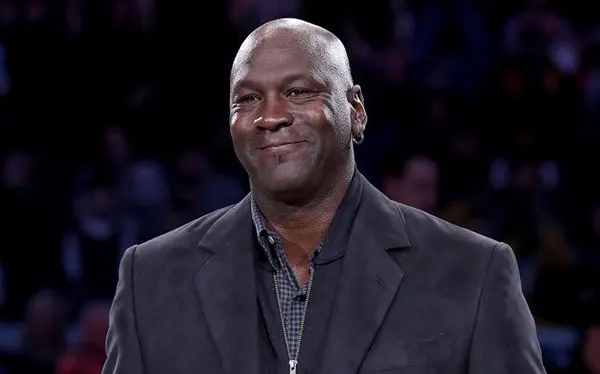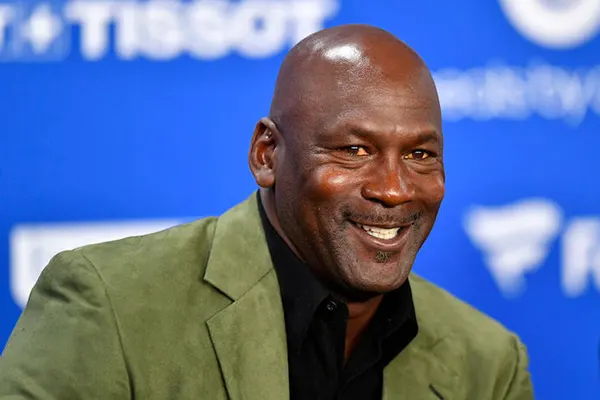
The Influence of Michael Jordan on Modern Champions: Insights from Today’s NBA Stars
Michael Jordan’s legacy extends far beyond his six championship rings and iconic performances. His influence continues to shape the careers, mindsets, and playing styles of the NBA’s current generation. From mimicking his moves to adopting his mental fortitude, modern stars consistently cite Jordan as the benchmark. This article explores how legends like Kobe Bryant, LeBron James, Giannis Antetokounmpo, and Devin Booker have been inspired by the man who changed basketball forever.
Echoes of Greatness: Direct Imitation of Jordan’s Style
Few players mirrored Jordan’s game as closely as Kobe Bryant. Often referred to as “the closest thing to Jordan,” Bryant studied Jordan’s footwork, fadeaway jump shot, and even his speaking tone and mannerisms. Numerous breakdowns show how Kobe’s movements on the court were near replicas of Jordan’s, reflecting his deep admiration and dedication to mastering the same fundamentals.
LeBron James, though different in physicality and style, has also admitted to drawing inspiration from Jordan. While LeBron’s game is more power- and vision-oriented, he has credited Jordan’s approach to winning and his clutch mentality as driving forces behind his own career ambitions.
Devin Booker is another notable example. He has been filmed practising Jordan’s footwork and studying his old clips extensively. Booker, known for his mid-range precision and composure under pressure, has acknowledged that much of his training roots back to Jordan’s textbook execution.
Rituals and Mental Habits Inspired by the GOAT
Michael Jordan was known for his obsessive preparation and mental resilience. This has deeply influenced how stars like Giannis Antetokounmpo prepare for games. Giannis often speaks about the importance of staying locked in, a mindset he attributes to watching how Jordan handled adversity and expectations.
Kobe Bryant famously adopted Jordan’s “kill or be killed” mentality, coining his own “Mamba Mentality” based on Jordan’s psychological dominance. He emphasised mental preparation, confrontation of fear, and fierce competitiveness—all hallmarks of Jordan’s career.
DeMar DeRozan, another mid-range specialist, has openly talked about watching Jordan’s game tapes to develop mental discipline. For DeRozan, Jordan’s calmness and calculated aggression on the court remain blueprints for his own performances, particularly during high-stakes moments.
The Evolution of Playing Styles: Jordan and the New School
Modern NBA players often blend athleticism with technical precision, a balance Jordan pioneered. Today’s guards and wings still use Jordan-esque moves—the post-up fadeaway, baseline reverse, and footwork-driven attacks—that remain staples in modern offences.
Jayson Tatum and Zach LaVine are prominent examples of younger players integrating Jordan’s tools into their arsenals. Their reliance on footwork, balance, and smart shot selection are direct descendants of Jordan’s skill set, albeit with modern twists like expanded three-point range.
Even larger forwards like Kawhi Leonard, who’s more reserved off the court, embodies Jordan’s on-court intensity and efficient scoring. Leonard’s methodical offence and defensive prowess reflect Jordan’s two-way dominance, a standard few players dare to ignore.
Defining Competitive Legacy through Jordan’s Lens
LeBron James has often discussed the pressure of chasing “the ghost in Chicago,” a metaphor for Jordan’s unmatched legacy. This speaks volumes about Jordan’s psychological hold on elite athletes who constantly measure greatness through his lens.
Kevin Durant, although stylistically different, respects Jordan’s ability to perform consistently at the highest level. Durant has noted that understanding how Jordan built and maintained dominance has been key to his own development as a champion.
Chris Paul, one of the league’s most cerebral players, has said that Jordan’s leadership style—especially his ability to galvanise a team and lead by example—shaped how he approaches mentorship and game management.

Beyond the Court: Cultural and Professional Impact
Jordan’s impact isn’t confined to the hardwood. His business acumen, highlighted by the success of the Jordan Brand, set a new standard for athlete entrepreneurship. This inspired stars like LeBron James and Stephen Curry to build empires beyond their basketball careers.
Kobe Bryant’s post-retirement ventures in storytelling and media were also modelled after Jordan’s transition into branding and ownership. He saw the value in translating athletic excellence into broader cultural influence, just like his idol.
Furthermore, Jordan’s approach to professionalism and public image management became a template for athletes navigating fame. From press demeanour to philanthropic efforts, Jordan’s example remains relevant for today’s stars aiming to craft long-lasting legacies.
The Ongoing Influence on Global Basketball
Jordan’s global reach helped elevate basketball into an international phenomenon. Players like Luka Dončić and Joel Embiid grew up idolising Jordan, even from across the world. His impact is part of their origin stories, proving how one player can shape generations globally.
In Africa, Asia, and Europe, Jordan’s influence is evident in the way academies structure training around his philosophies. His highlights continue to circulate among young players as both motivation and instruction.
This global legacy ensures that even those who never saw Jordan live feel his presence on every court—from local gyms to NBA arenas. His ethos of excellence, commitment, and fearlessness transcends time and borders.
